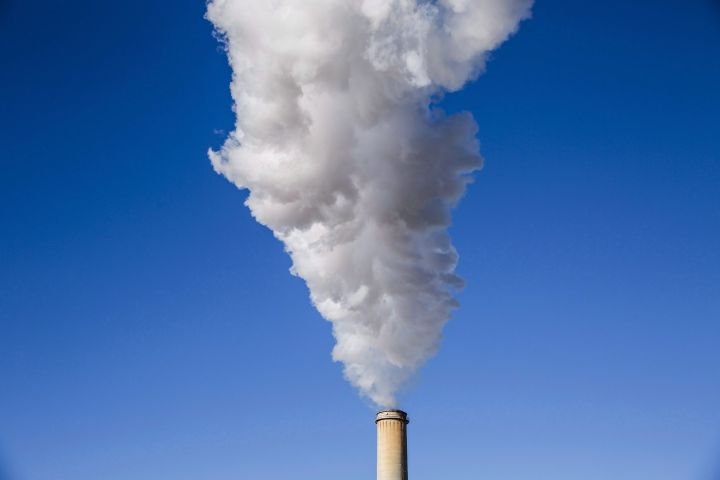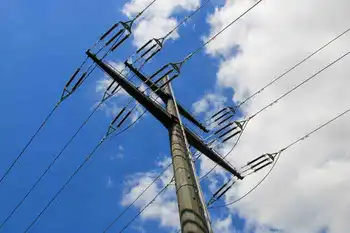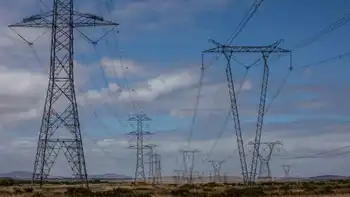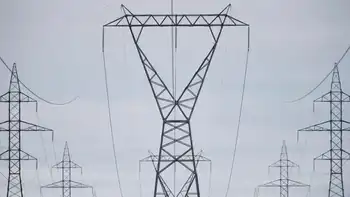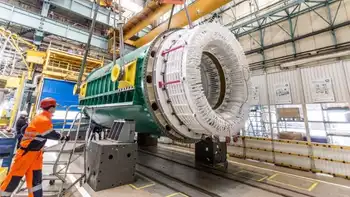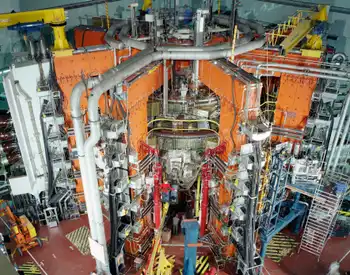Spain power recovery seen in 3 to 4 years
By Reuters
NFPA 70e Training - Arc Flash
Our customized live online or in‑person group training can be delivered to your staff at your location.

- Live Online
- 6 hours Instructor-led
- Group Training Available
Conventional power producers' group UNESA estimates demand for electricity has fallen by about 5 percent since the economic crisis began in late 2008, in a market which had previously grown by some 5 percent a year.
"As the crisis ends, our predictions are zero (growth over pre-crisis levels) for the first four to five years," UNESA President Pedro Rivero said in an interview. "We don't expect any more decreases.
"For this (period) the installed capacity we have is enough," he added. "As soon as demand revives, a new investment cycle would begin that would take us to our target for 2030."
UNESA predicts that average growth in demand for electricity between 2005 and 2030 will be 2.13 percent a year, to a total of 428.8 terawatt-hours in 2030. Demand in 2009 was 255.7 TWh.
Rivero said UNESA members aimed to keep investing a steady 6 billion euros (US $8.58 billion) a year in infrastructure overall, but less than the 2 billion euros they have been spending in generators.
"We do have to invest in transport and distribution, and modernizing the grid, in measuring equipment, which are all fundamental for energy savings and efficiency," he said.
Rivero said that producers could only offset the impact of wholesale power prices being forced down to zero at times by harmonizing the way prices are calculated for each kilowatt-hour across the European Union.
Pool prices fell to zero for hours at a time, and for the first time ever in Spain during the recent festive season due to record supplies of subsidized wind power and low demand.
"We need to compete under equal conditions, not with a different Spanish kilowatt to a French or a British one, or we will have a different set of prices," he said.
Rivero said Spain needed more cross-border power lines to export surplus electricity and make generation more profitable.
Currently, Spain can only import or export 3 percent of its power output to France, so gas-fired plants have to close down whenever wind power ramps up.
"If they want a single European market, then let me export my power to Europe," he said.
Spain has made interconnection a priority for its stint as EU president in the first half of this year.
Rivero also welcomed Spanish government plans to extend nuclear power plants working lives beyond a current 40-year limit.
"As long as the regulator says they are safe, it is up to the owners to decide," he said. "It's a matter of economics. When the market no longer offsets the costs of changing parts and maintenance, the economic working life is over."





